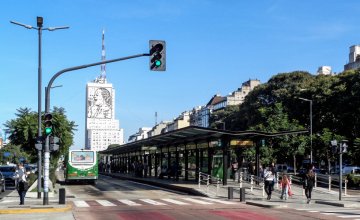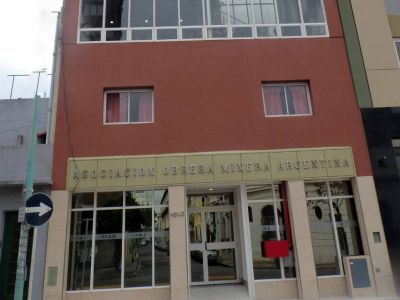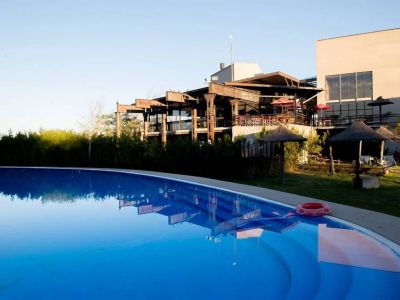What Things Were Like in 1810
When the Viceroyalty of the Río de la Plata was constituted, Buenos Aires was the most populated city in the country that was about to emerge. There were approximately forty thousand denizens.
The most economically and socially favored groups were the merchants, the cattle raisers and the rich farmers. Among them, those born in Spain would occupy the higher civil servant positions, whereas the craftsmen, the minor merchants and auxiliary government employees would represent a kind of middle class. In 1810, the pulperías (gauchos' bars) were the site where rural men would get together to share their common interests. The feral cattle, the gauchos or rural men, the guitar sessions, the dancing and the payadores, the folklore and of course mate were the elements that would give shape to the national identity. The general store counter and the card games or bullfighting were the typical entertainment of the time. However, the most practiced game was "el pato" (Spanish for "the duck"), in which men on horseback would fight for a bag with handles containing such a bird inside which should be inserted in a ring.
The women used to learn the house chores at home. They were raised to be mothers and wives. In those days, the possibility of women having any participation in political decisions was out of the question. The children used to play hopscotch, dolls, marbles, tag and hide and seek. The French style, with some typical regional variations, had caught on as far as local fashion was concerned, both for men and women, grown-ups and children, who would only wear long pants once they turned into men. The cabildo acted as police and defended the people, collected taxes and heard the neighbors' complaints. These meetings were only open to the general public -Cabildo Abierto- when serious matters would require all the neighbors to gather in a general assembly. This is what happened during the famous May Week. The carnival and other celebrations known as fiestas mayas, which started to become popular after May 25, 1810, would be held by all the dwellers of this new country that was starting to write its own history.
Pablo Etchevers
Pablo Etchevers




































